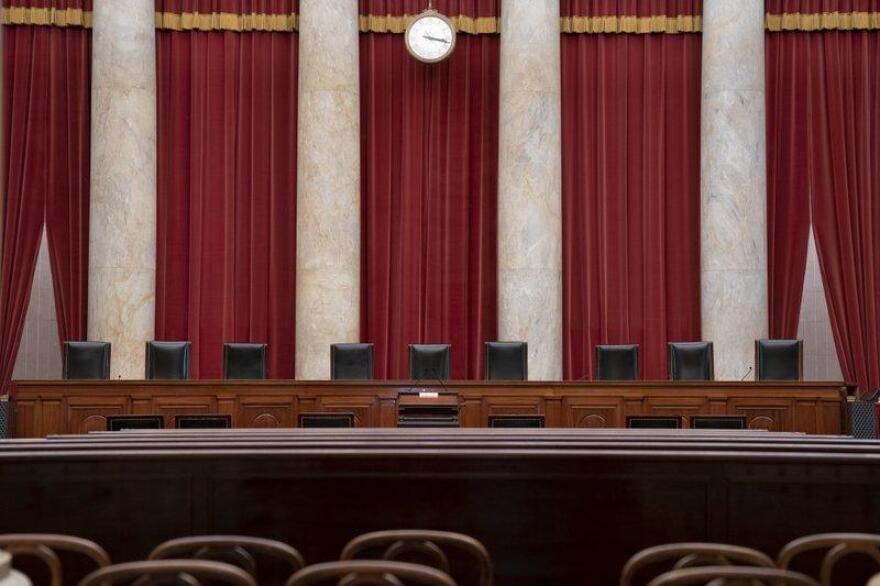Before this month, Mike Payne was constantly switching among his many hats — legal, accounting, business consulting.
But now that his accounting firm has been approved by the Arizona Supreme Court as one of the first alternative business structures in the state, that is in the process of changing.
“Now I can wear them all together and say, ‘Yes, we can represent you on a legal matter’ without any significant formalities, other than increasing the scope of the services we provide to them,” Payne said.
The state Supreme Court in August 2020 approved eliminating an ethics rule that prohibits non–lawyers from fee sharing and from having economic interests in law firms. The rule change took effect January 1.
This month, Payne’s firm and Trajan Estate, a legal service provider focused on estate planning, were the first to be approved.
While other states, such as Utah and California, have toyed with allowing some alternative business structures in some form, Arizona is the first to get rid of the rule entirely.
As both a certified public accountant and attorney, Payne runs two firms — Payne Huebsch for accounting and Payne Law as a solo attorney. This new structure allows Payne and the other attorney on staff at the accounting firm to also offer legal services.
Payne said getting a lawyer involved in an issue can be “scary, daunting and expensive” and is usually reserved for big life changes. He said the new structure will allow clients to have access to a lawyer as “just part of the team” without going through a whole separate onboarding process.
While Payne said there will always be a place for hourly legal services, he finds alternative billing structures attractive in that they can take the risk of “how long this is going to take” from the client to the attorney.
“I think there’s a lot of good that can come from getting lawyers into more of a business mindset and away from some of the traditional ways of practicing law,” he said.
Vice Chief Justice Ann Scott Timmer chaired the task force that looked at the court’s delivery of legal services, which also led to a rule change creating legal paraprofessionals – non–lawyers who are licensed to provide some legal services.
The group that looked at the alternative business structures for legal services shared a sentiment that lawyers have an ethical responsibility to make sure legal services are available to the public and to change the rules if they stood in the way of that, according to the task force’s report.
“It’s exciting to launch the first ABS entities, and I am certain that such arrangements will serve both the public and legal community in the delivery of quality legal services,” Timmer said in a prepared statement.
Court of Appeals, Division One Chief Judge Peter Swann sat on the task force and strongly disagreed with eliminating the rule, writing that a better approach to reform would be tackling the systemic issues that make the courts inaccessible and expensive, not adding non–lawyers to the mix and getting rid of an ethics rule.
“Such a proposal would make Arizona unique in the nation, and a leader in the race to the bottom of legal ethics,” Swann wrote.
Swann wrote that: “The relationship between attorney and client is the most sacred of fiduciary relationships,” one not shared by investors, whose interests might conflict with the client.
Despite some changes to the ABS structure since the report came out, Swann still opposes the overall idea.
“I am heartened that the Supreme Court did create an entity regulation structure that definitely improves on the original proposal, but the reservations I have about the system globally remain in place,” Swann said.



